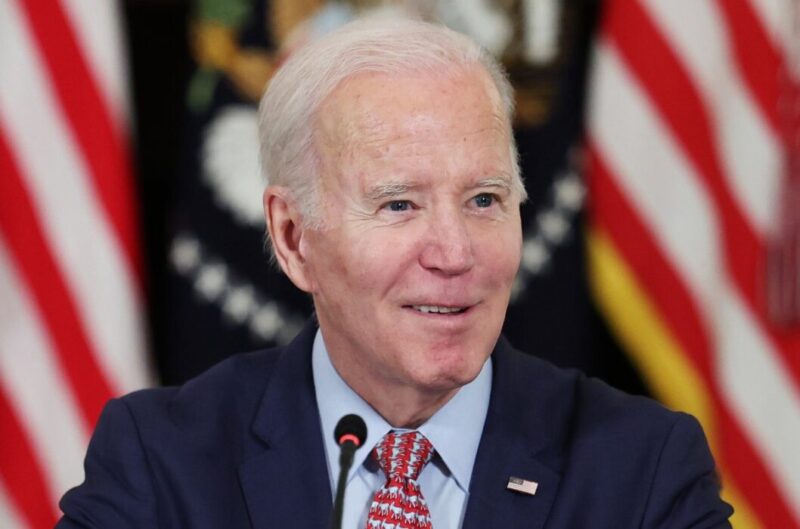Biden To Release 1 Million Barrels of Gasoline
The Biden administration announced on Tuesday that it would release 1 million barrels of gasoline from a reserve located in the Northeast as a means to combat rising gas prices this summer. The reserve, which was established in the aftermath of Superstorm Sandy, will be allocated in increments of 100,000 barrels through a competitive bidding process. This move comes after Congress mandated the sale of the reserve and its closure in a spending deal passed in March.
The Northeast Reserve release is intended to provide relief for American families and consumers as they prepare for the summer driving season, according to the Energy Department. Gasoline prices currently average around $3.60 per gallon nationwide, a 6-cent increase from last year, according to AAA. This decision to tap into reserves is one of the few actions a president can take to try to control inflation, which is a potential liability for the party in control of the White House during an election year.
Energy Secretary Jennifer Granholm emphasized the administration’s focus on lowering gas prices for working families. “By strategically releasing this reserve in between Memorial Day and July 4th, we are ensuring sufficient supply flows to the tri-state and Northeast at a time hardworking Americans need it the most,” Granholm said in a statement. The White House Press Secretary Karine Jean-Pierre also highlighted this move as part of the Biden administration’s efforts to lower energy costs, citing previous actions like the release of the Strategic Petroleum Reserve and investments in clean energy.
Massive, illegal, unfair wealth transfers, punishing the 80%+ of Americans who didn’t go to college / didn’t accrue debt / paid off their loans: https://t.co/wxWH7hj41m
— Guy Benson (@guypbenson) May 22, 2024
Biden previously drew criticism for his significant drain of the Strategic Petroleum Reserve in 2022 following Russia’s invasion of Ukraine. However, this move helped stabilize rising gas prices at the time. The administration has since begun refilling the reserve, which currently holds over 367 million barrels of crude oil, the largest emergency crude oil supply in the world. The Northeast reserve sale is a part of this effort to refill the reserve, which currently costs $19 million annually to maintain.
The Republican party has consistently opposed the Northeast reserve, arguing that any stockpile of this kind should be created by Congress. In a 2022 report, the Government Accountability Office stated that the reserve would provide minimal relief during a severe gasoline shortage. Some analysts, like Patrick De Haan of GasBuddy, also question the effectiveness of the Northeast reserve, saying that it amounts to only 2.7 hours of total U.S. gasoline consumption. De Haan also noted that gasoline has a limited shelf life, requiring the reserve to be frequently rotated.
reckless & transparency political, like so many of his team’s actions https://t.co/Si3ZdKMvb8
— Guy Benson (@guypbenson) May 22, 2024
De Haan also emphasized that the reserve does not hold the quantities of oil necessary for an emergency. Instead, it was created to provide short-term relief in the event of a crisis. This reinforces the Republican party’s argument that such a reserve should be created by Congress with a long-term strategy in mind. However, the Biden administration is utilizing the reserve as a means to provide immediate relief for American families and consumers during a time of rising gas prices.
Despite some criticism and questions about the effectiveness of the Northeast reserve, the Biden administration has moved forward with the sale. This action is likely to have a minimal impact on gas prices nationwide, according to De Haan. However, there may be a slight downward pressure on prices in the Northeast region. The Energy Department has specified that the reserve must be transferred or delivered by June 30th, giving retailers the opportunity to sell gasoline at more competitive prices before the July 4th holiday. With enough reserves to supply the tri-state and Northeast regions, the Biden administration is hoping to provide relief for American families and consumers as they hit the road for the summer driving season.


